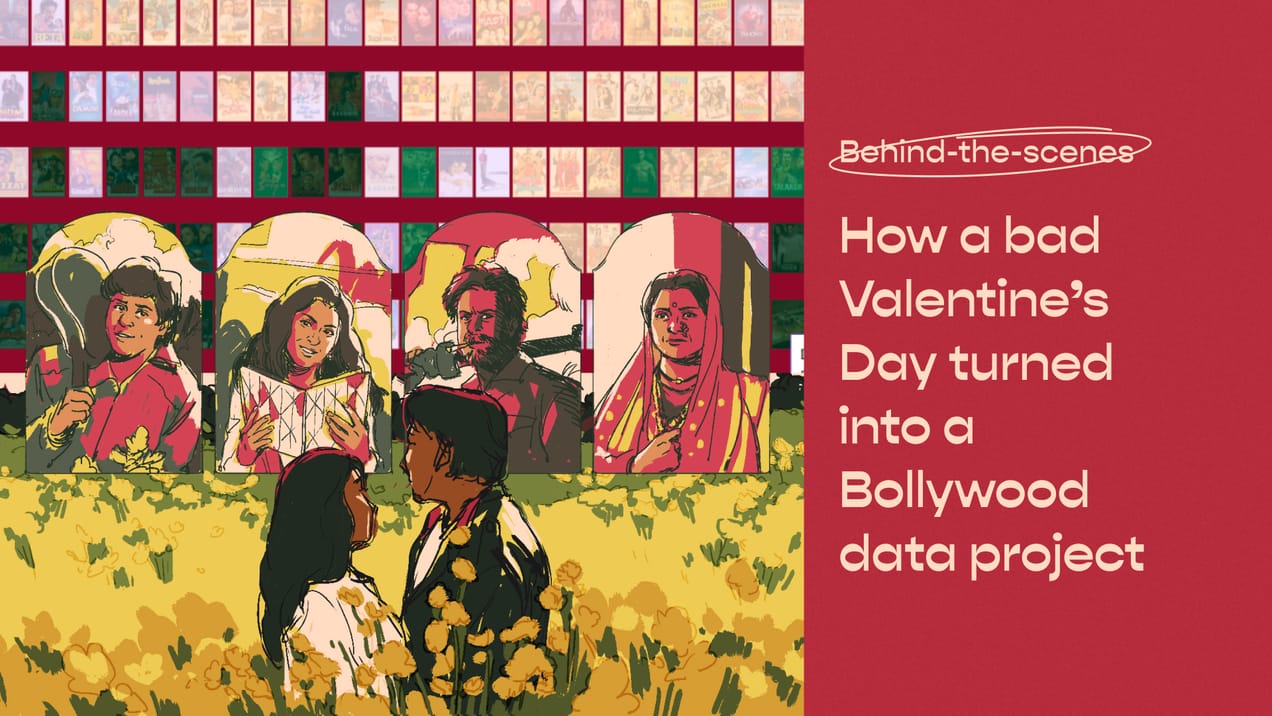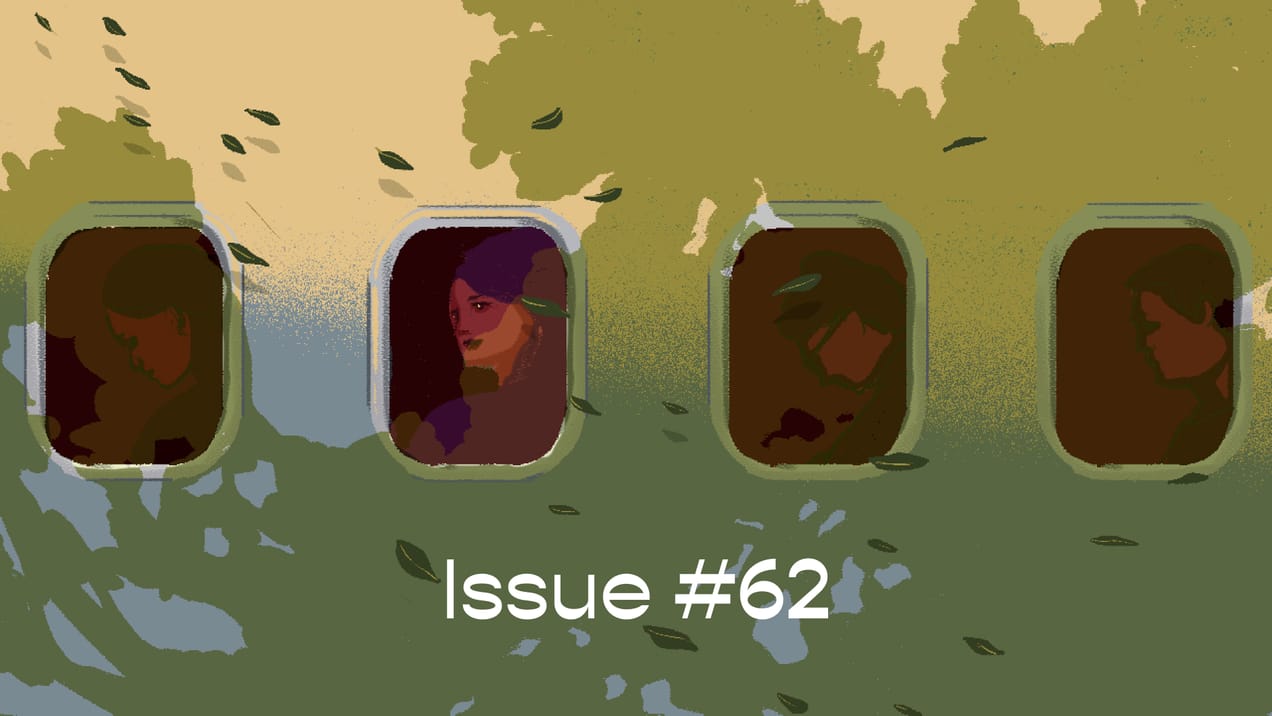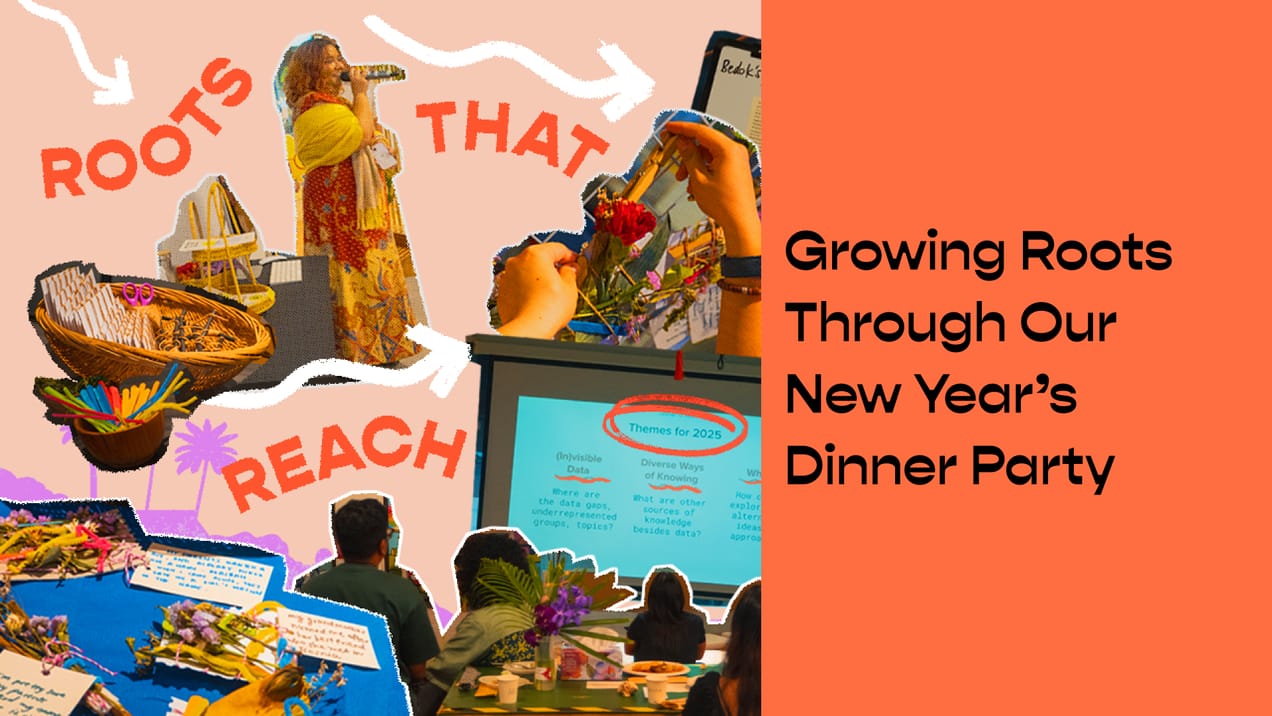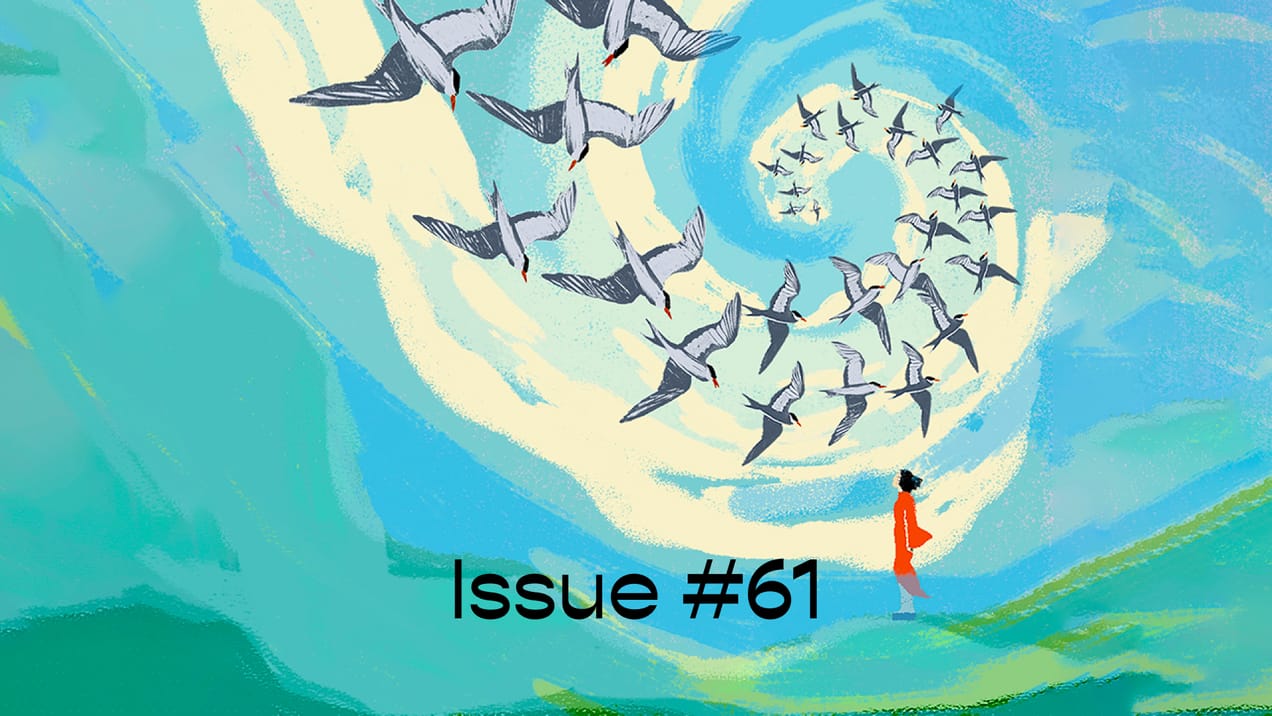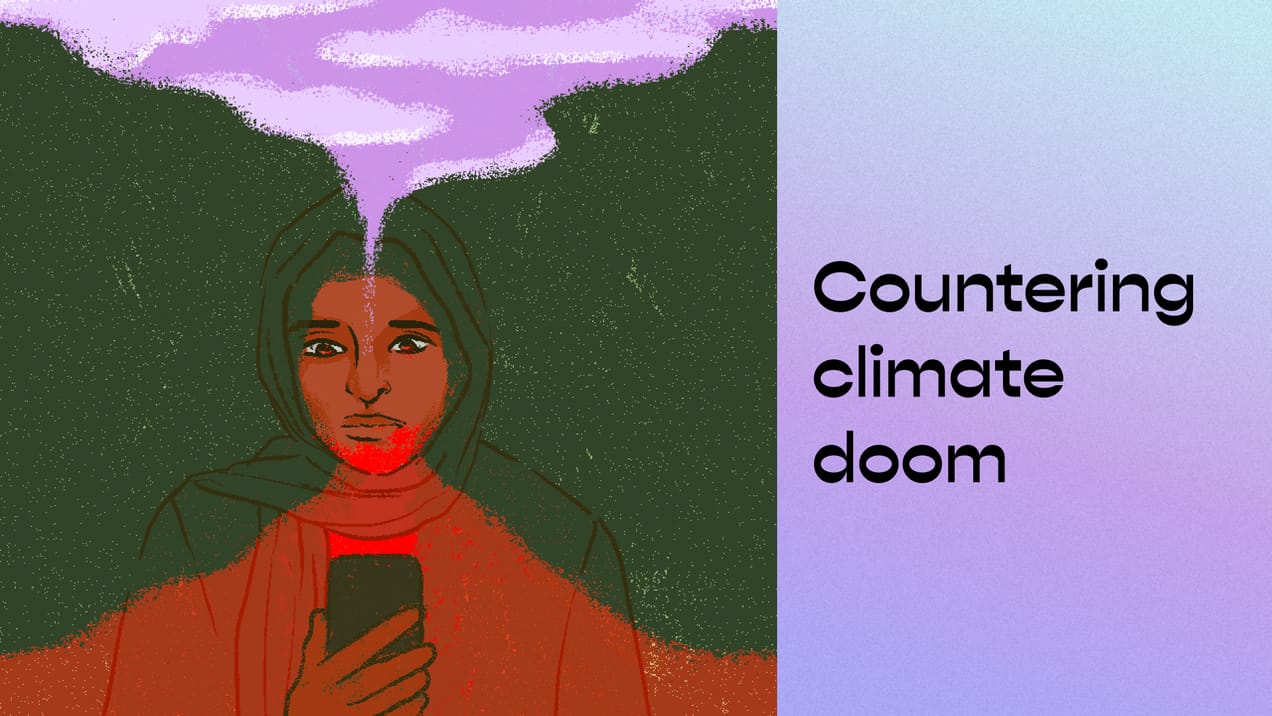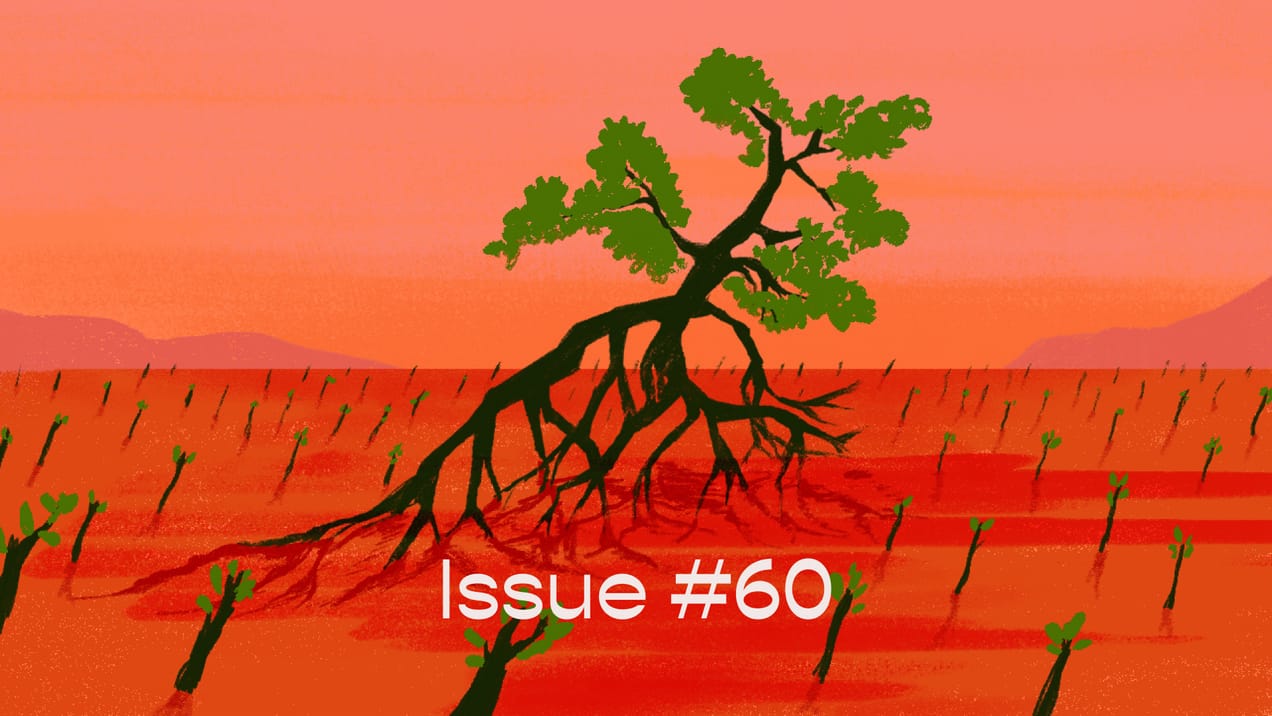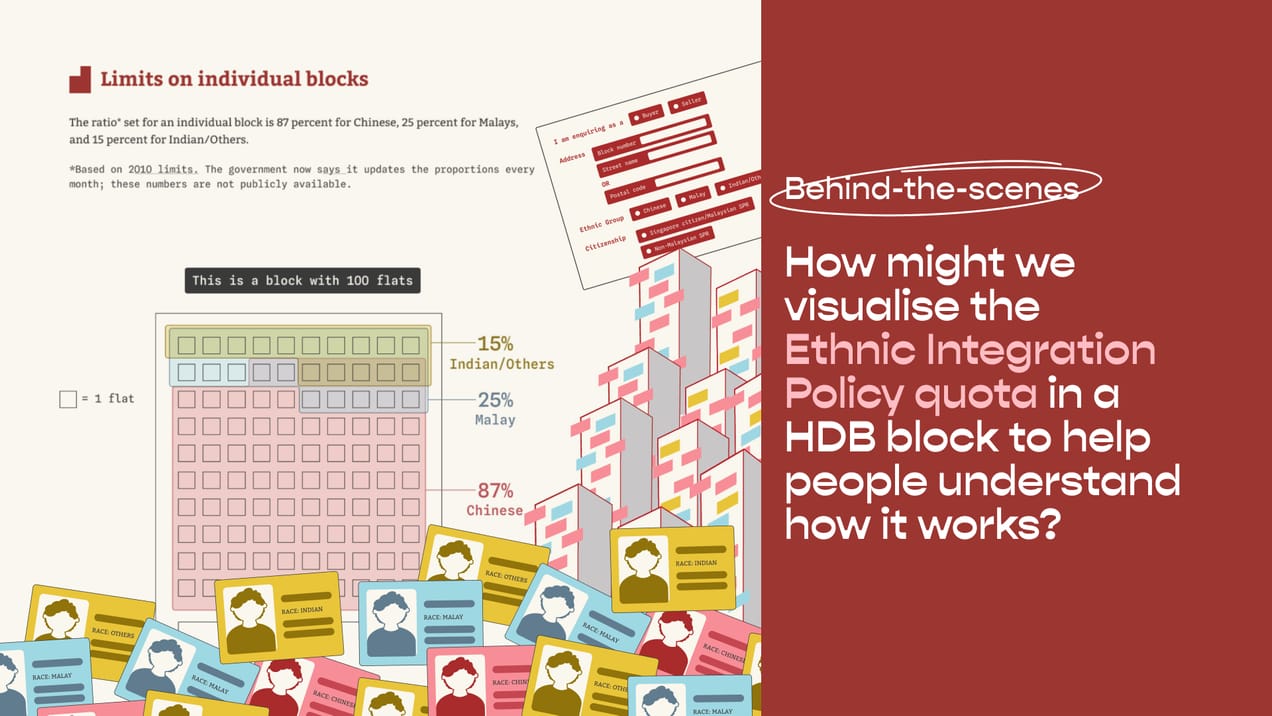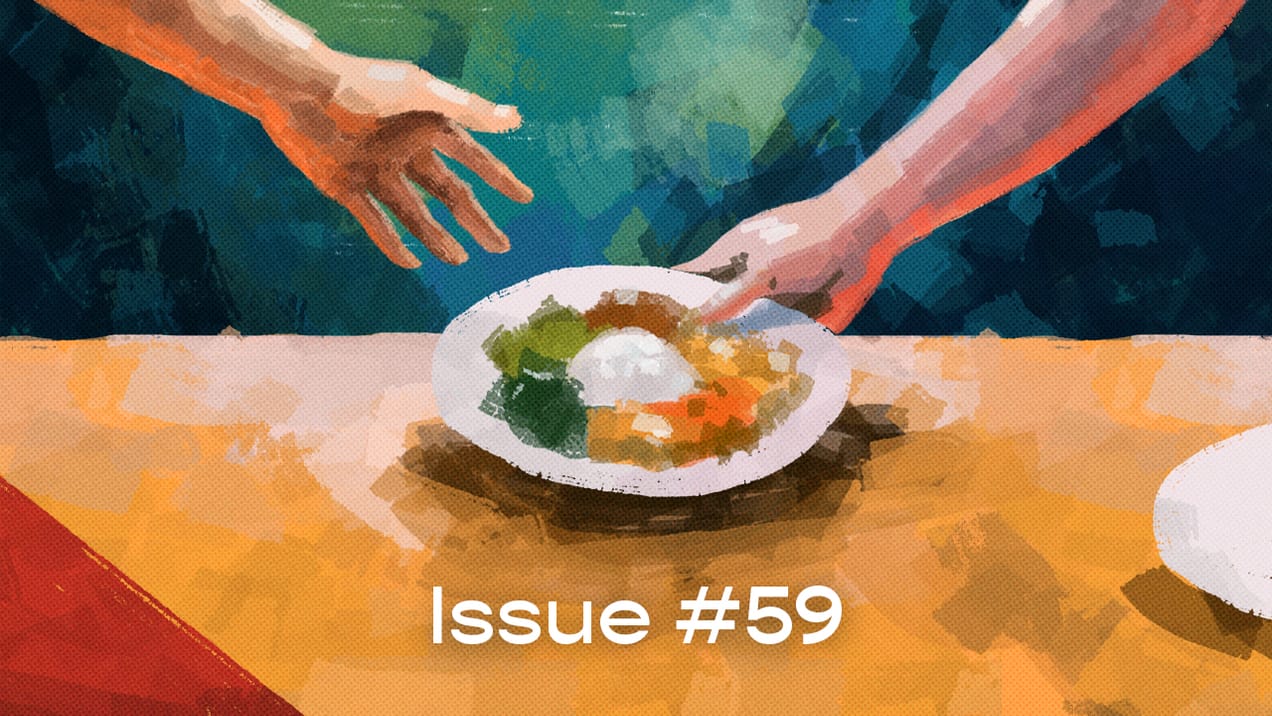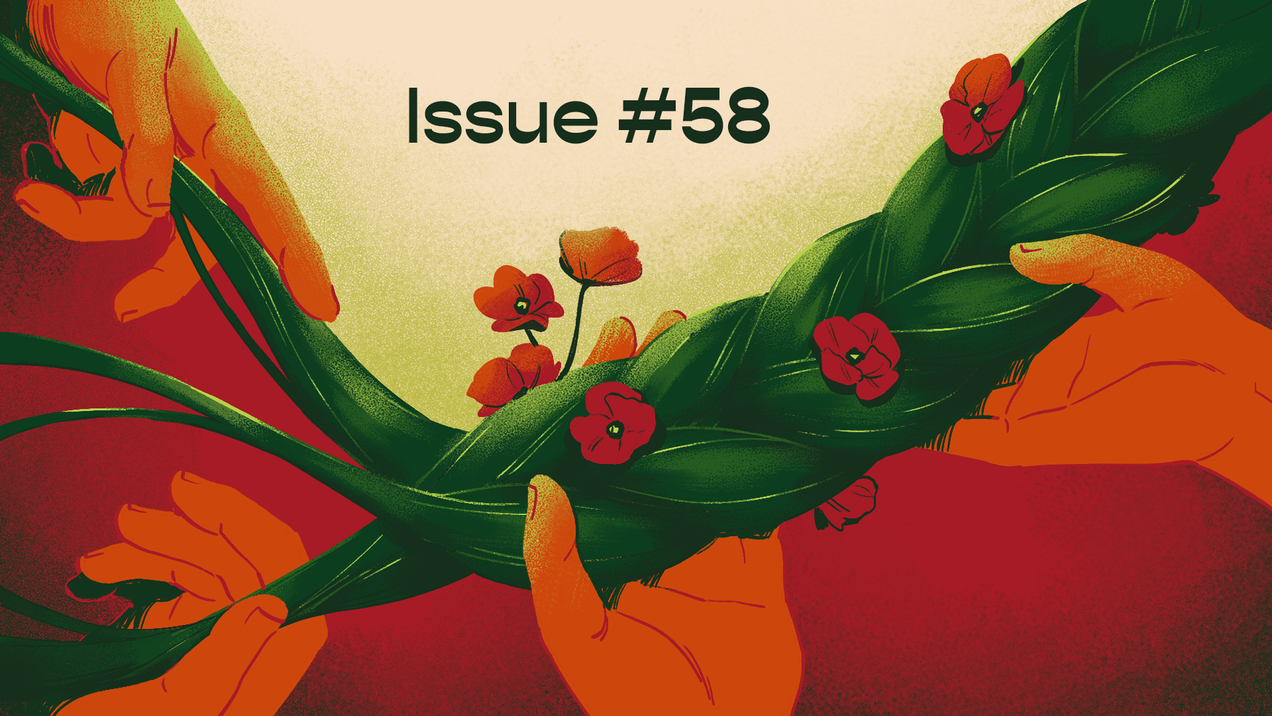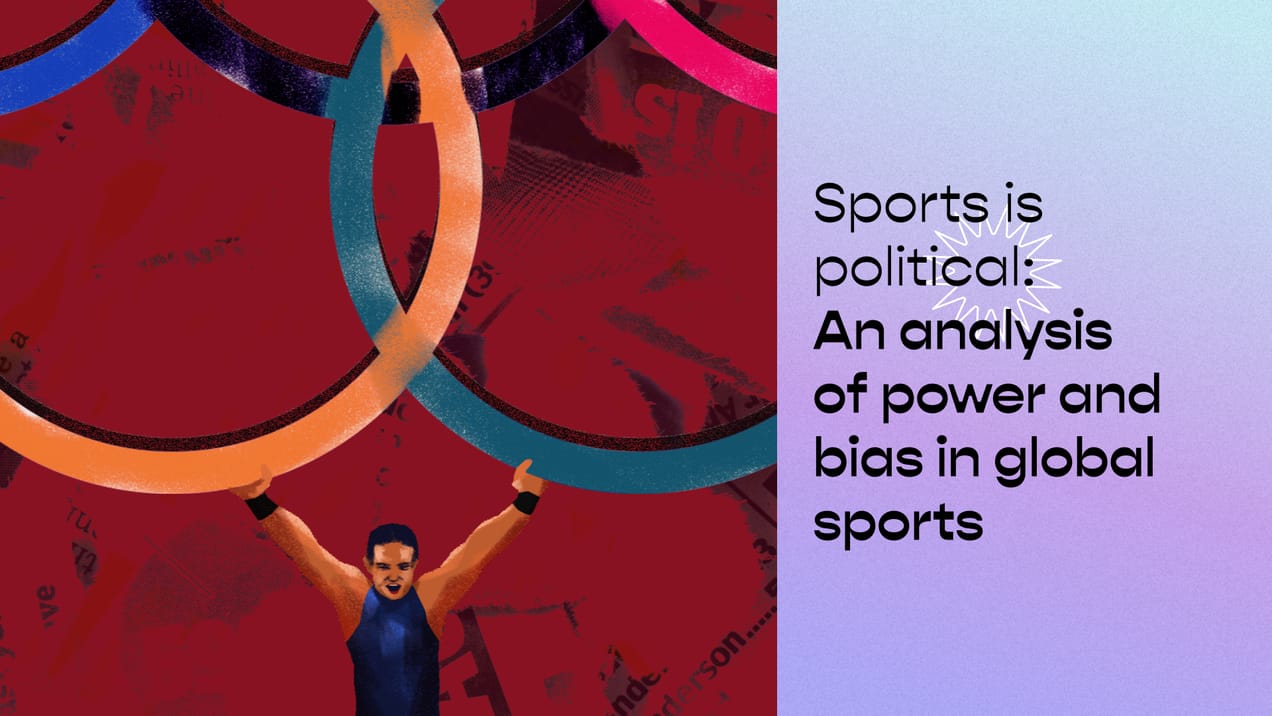Hey! 👋
Welcome to Kawan—our vibrant community of data heads and storytellers. We’re all about improving data literacy and sharing nuanced stories about Asia. Come hang!
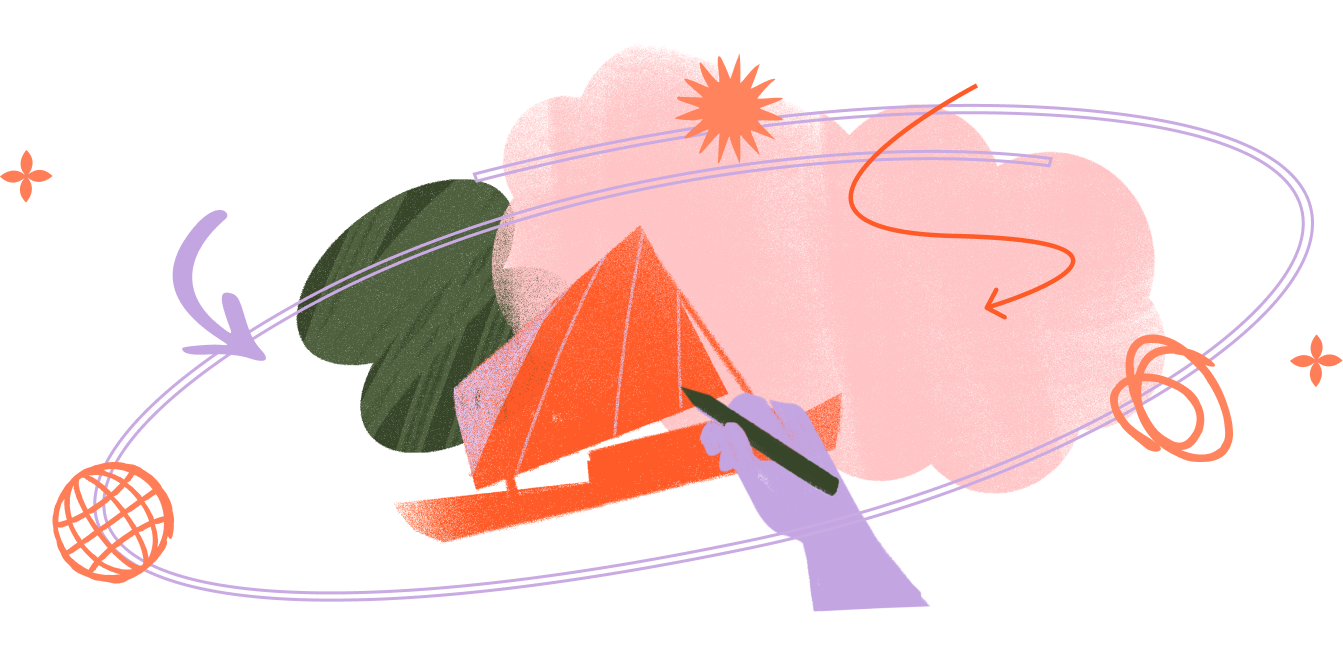
There’s enough love to go around— issue #71
They say love can overcome any differences, but recent media trends may say otherwise. What does this mean for our society as a whole?
How a bad Valentine’s Day turned into a Bollywood data project
The team behind our latest story on Bollywood shares how they researched the films’ dataset, used large language models to classify genres, and crafted the visual design for this bespoke longform story.
Growing Roots Through Our New Year’s Dinner Party
This past January, we hosted our new year’s dinner party, which has now become an annual tradition. When we organised the first one in 2023, we had wanted to gather our community in person for the first time at our office. As an organisation whose work—and, for that
Countering climate doom
When we decided on “silver lining” as the theme of our latest newsletter, I thought it apt to highlight positive stories about the environment to counter the deluge of bleak, and at times terrifying climate news. Yet, while I was keen to find data or visual stories on positive climate
How might we visualise the Ethnic Integration Policy quota in a HDB block to help people understand how it works?
Singapore’s Ethnic Integration Policy (EIP) allocates quotas in public housing blocks based on ethnicity. In our final longform piece of 2024, we examined the EIP and its impact on homeowners, particularly those from minority ethnic groups. In this process, we created interactive visuals to help explain the EIP. In
On Palestine: Covering culture in a time of genocide
What does Gaza require from those who bear witness? The team behind our latest story on Palestine shares their process, thoughts, and feelings while highlighting the beauty of life in Gaza amid the profound loss of Palestinian heritage and cultural identity. Zafirah (Writer): I came across an Instagram post by
Sports is political: An analysis of power and bias in global sports
Munirah and Zafirah, who worked on the microstory Rise of the Underdogs: How Asia left its mark on the 2022 FIFA World Cup, reflect on how the Olympics is colonial by design. Beatrice Go, the writer behind SEA Games: A stage of unity or power play, joins them to take
My first time in Singapore: Seeing Asia anew
When I decided to move from China to the United States for college, I could never have guessed that I would end up working and living in Singapore for four months. For many Chinese international students in the US like me, our perception of the world is often limited to


